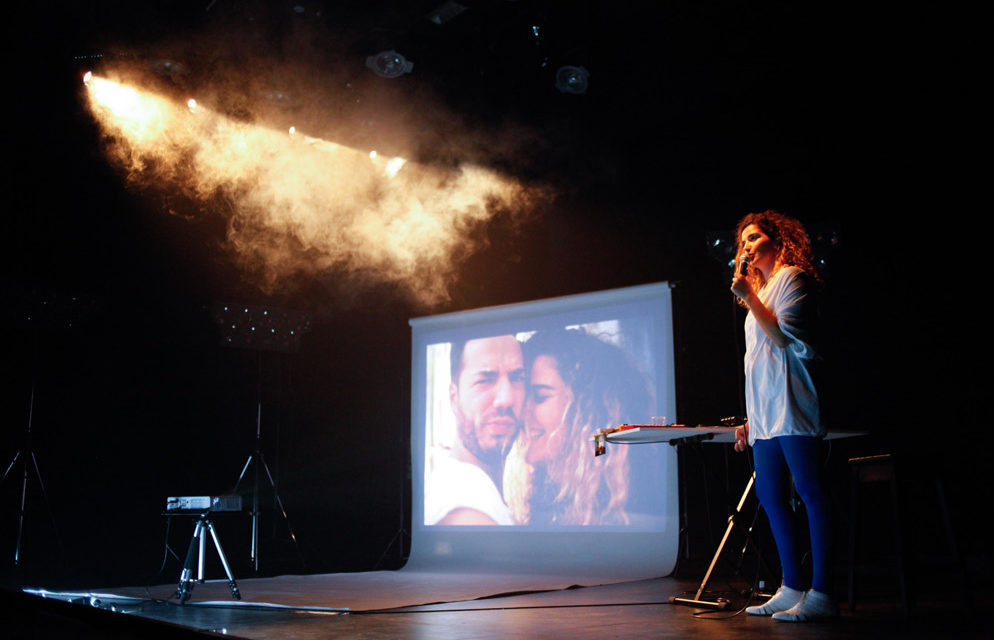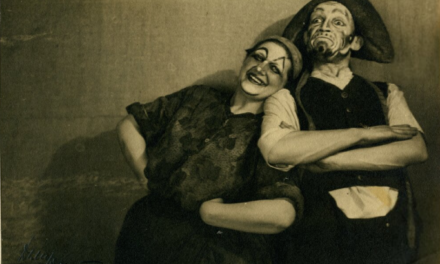Aside from public funding, the main funder of contemporary performing arts in Portugal is the Calouste Gulbenkian Foundation, based in Lisbon (with venues in Paris and London). Its mission is focused on “fostering knowledge and raising the quality of life throughout the fields of the arts, social development, science and education” (from their website). It has several funding lines, one of which is specifically assigned to the International Circulation of Dance and Theatre. These annual calls (which are active until 2022) aim “to support projects that contribute to the international visibility of Portuguese theatre and dance creators or performers in international scenarios through the participation in events or festivals, including the presentation of projects/shows, associated (or not) to workshops, lectures or debates with the presence of artists and producers; to support production of theatre and dance performances, in co-production with international partners, directed primarily at creators in their early international career. Calls are open to Portuguese and/ or foreign professional creators living in Portugal with an active role in theatre/ dance and/or production in Portugal; applications are open to individual and companies.” The program only started in 2018 and, according to Gulbenkian’s bursary department, funds around 20 projects per year.
The GDA Foundation, meanwhile, whose mission is to valorize performers and their work, has an annual funding line set aside for artistic projects. In 2018, it has a total amount of €150,000 to fund an average of 20 creation projects in Theatre and Dance.
Festivals, Residencies, Networks, Schools: Crucial Areas for Performing Arts Creation
Continuing to create theatre and dance during times of scarcity requires strong support structures with a clear vision, steady funds, and international networks.
Alkantara is a biennale performing arts festival based in Lisbon and is vital to the Portuguese arts scene. Curated by Thomas Walgrave, it co-produced and put on exciting works by new creators as well as both national and international household names, which adopt a diverse range of perspectives and tools to reflect upon the situation at hand. It will celebrate its 25th anniversary next May with new works by first class artists João Fiadeiro and Vera Mantero and will hand over its programming to Carla Nobre Sousa and David Cabecinha (previously programming assistants to Walgrave). Notably, Alkantara works also have a hub for artists’ residencies as well as other structures.
In northern Guimarães, the Centro Cultural Vila Flor has carved out a vital place in performance arts. Home to the Oficina theatre company–led by actor João Pedro Vaz–it hosts the Festival Gil Vicente and GUIdance Festival, curated by Rui Torrinha. It offers a residency hub with a strong link to the National Theatre D. Maria II and has a twin venue CCJG (Centro Cultural José de Guimarães) hosting a strong performance program, making it one of the best places to create. Artists Miguel Moreira, Tânia Carvalho, and Victor Hugo Santos provide something of a municipal artistic family that comes together in Guimarães.
“To feel at home in the place where you go to be lost” is probably the most accurate description of an artistic residency at O Espaço do Tempo, a safe haven located in a convent in the Alentejo town of Montemor o Novo. Founded by choreographer Rui Horta in 2000, it hosts an average of 70 residencies per year (for national and international artists at a range of points in their careers), co-produces and presents work and is home to Portuguese Performing Arts Platform, a biennale that presents the most compelling performing arts works and artists to an audience of renowned international programmers. It’s programmed by Horta, Pia Kramer and a curating board that includes the programmers of several main national venues.
Ultimately, there are several networks at play in terms of structural representation, production, and circulation. REDE represents the dance sector, Plateia does it for theatre, PERFORMART represents professionals in the performance arts sector, the 5 sentidos [5 senses] network promotes programming and co-producing at a national level while Artemrede is a project of cultural cooperation gathering together 15 Portuguese municipalities and promoting the interaction between cities of different sizes. Within its “southern coalition” geographical concept, it supports artistic projects as A Manual On Work And Happiness, by Mala Voadora (funded by Creative Europe), involving several regional venues and audiences of non-professional actors in a play that questions the future of work and the limits of happiness.
This article was originally published by IETM–International network for contemporary performing arts, Brussels in April 2018 as a part of their mappings series. Read the original mapping. It has been republished with permission.
This post was written by the author in their personal capacity.The opinions expressed in this article are the author’s own and do not reflect the view of The Theatre Times, their staff or collaborators.
This post was written by Maria João Guardão.
The views expressed here belong to the author and do not necessarily reflect our views and opinions.


















